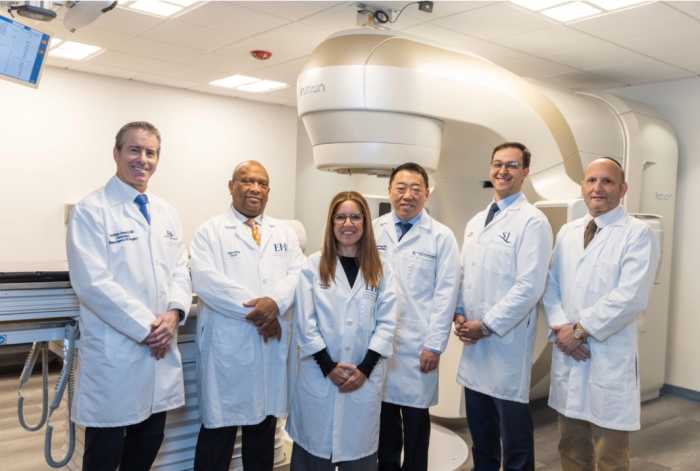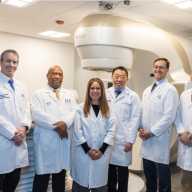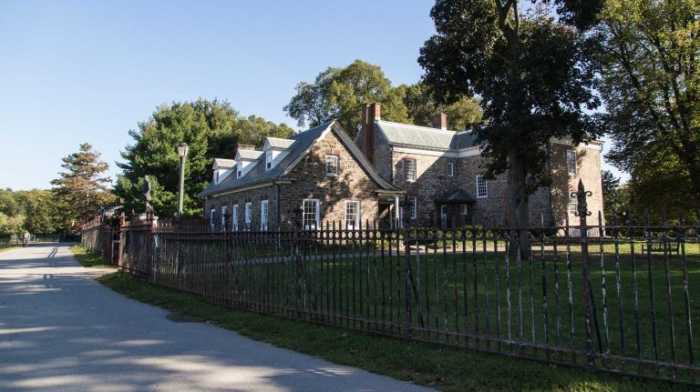By Juan Soto
City Councilman Donovan Richards (D-Laurelton) introduced legislation in the Council that recognizes “the dangers of climate change to human health.”
He called for the use of renewable energy and to stop using fossil fuels, like carbon and oil.
Richards, chairman of the Committee on Environmental Protection, also said the resolution supports the People’s Climate March that will take place in Manhattan Sept. 21.
“Climate change has long been taboo,” said the lawmaker. “But we simply cannot ignore the wealth of compelling evidence regarding our impact on the environment.”
The march is scheduled to begin at 11:30 a.m. at Columbus Circle in Manhattan. The march will take place two days before the celebration of the United Nations Climate Summit Sept. 23.
“The People’s Climate March is going to be like New York City itself: big, diverse and, above all, loud,” said May Boeve, of 350.org, a grassroots global climate movement.
Richards pointed out that the passing of the legislation, which he described as “historic,” “highlights the commitment to environmental preservation and a greener future for New York City.”
Days before the Council voted of Richards’ resolution, the lawmaker visited Susquehanna County, Pennsylvania, to analyze the environmental impact on the communities where hydraulic fracturing, a process to extract natural gas, takes place.
The Pennsylvania region was chosen because “extensive hydraulic fracturing” occurs there, said Richards, and also because it neighbors New York state.
Known as fracking, the practice is controversial due to the injection of chemicals into the ground at a high pressure.
“New York has maintained a ban on hydraulic fracturing due to initial uncertainty of risks associated with the process,” said the lawmaker. “I believe we can safely conclude that increasing our reliance upon natural gas or any other fossil fuel is a step away from building a truly sustainable and environmentally sound future.”
New York state banned fracking six years ago.
Richards partnered with Food and Water Watch New York, a nonprofit that calls for “common-sense policies” to have healthier food and drinking water, in his bus trip to Susquehanna County.
The tour to the Pennsylvania region pretended to see “the effects of fracking first-hand.”
“New Yorkers are hearing more and more about the alarming health and environmental hazards of fracking, which is why so many of us are so opposed to it,” said Eric Weltman, from Food and Water Watch.
Reach reporter Juan Soto by e-mail at jsoto@cnglocal.com or by phone at 718-260-4564


































